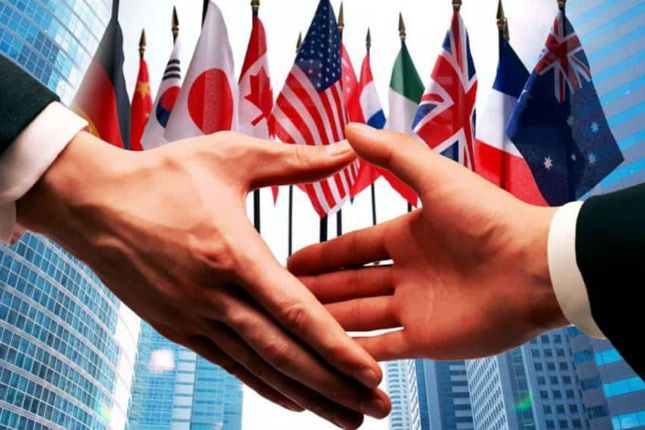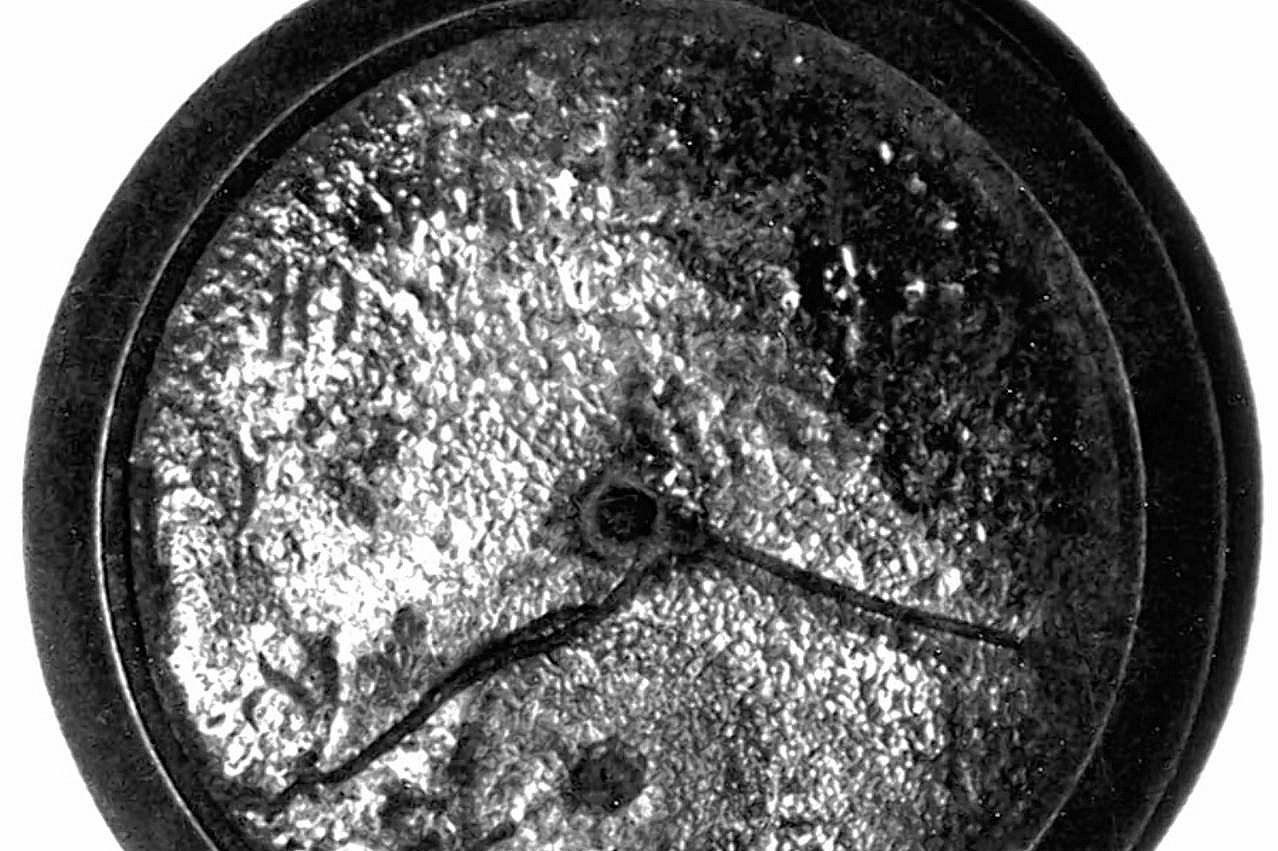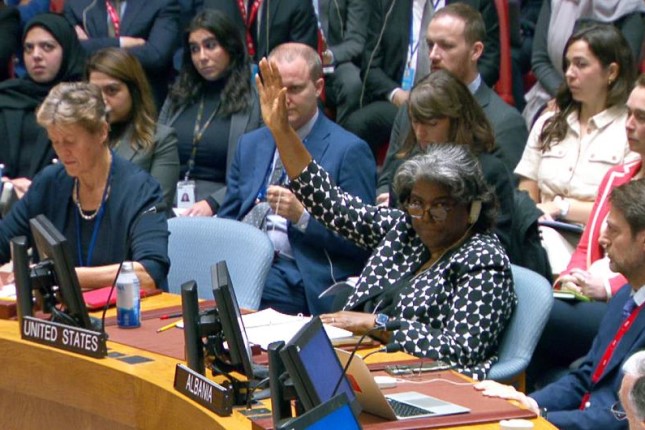Then, at some point, international law was replaced by the rules-based order. Based not on impartiality with the UN as its foundation, the rules-based order is based on selective application with the U.S. and American exceptionalism as its foundation. Protected behind a façade of universality, the U.S. applies the rules when it suites them and exempts itself from the rules when it does not. In a single act that Richard Sakwa has called the “great substitution,” the American hegemon usurped the power of the Security Council and replaced the codified international laws with the unwritten rules-based order.
But still in those days, the U.S. wore the mask of international law. They recognized that they were at their most powerful when it looked like the UN and the international community were behind them. Wars were dressed up as humanitarian interventions and coups were disguised as democracy. But U.S. President Donald Trump has thrown aside the disguise and exposed America’s nature. Trump has sped passed the signposts of international law without a wave. It took President William McKinley fifty days to smash the sovereignty of the first five nations America betrayed; it has taken Trump only fifteen to threaten four.
In his February 4th press conference, Trump announced that “[t]he US will take over the Gaza strip and we will do a job with it too. We’ll own it and… level the site and get rid of the destroyed buildings, level it out. Create an economic development that will supply unlimited numbers of jobs and housing for the people of the area.”
“Never mind that he could name no legal authority that would permit the United States to unilaterally assert control over someone else’s territory,” The New York Times said, “or that the forcible removal of an entire population would be a violation of international law.” The president who promised only days ago that his legacy would be “a peacemaker” whose success would be measured by “the wars that we end – and perhaps most importantly, the wars we never get into” sped past international law so fast he left himself behind.
Trump’s plan “to resettle people permanently” might not only involve sending US troops “[i]f it’s necessary,” it could set off a devastating region wide war. And, though Trump says “[t]his was not a decision I made lightly,” it is a decision that shoots in the foot his dreamt of lifetime legacy of extending the Abraham accords to Saudi Arabia, who, once again, in “a clear and explicit manner,” said it would not establish diplomatic relations with Israel without a Palestinian state. American real estate property does not legally constitute a Palestinian state.
Trump’s remarks were only his most recent remarks threatening another people’s sovereignty. Trump has threatened to use “economic force” to “get rid of that artificially drawn line” between Canada and the United States. “What I’d like to see,” Trump said, “is Canada become our 51st state.”
Despite Trump’s case against Canada and his claim that “[t]he fentanyl coming through Canada is massive” and that Canada and Mexico, “Canada very much so,” have “allowed millions and millions of people to come into our country that shouldn’t be here,” Canada accounts for only 0.2% of the fentanyl that enters the U.S. and only 6.9% of the migrants.
And, despite Trump’s claim that “[m]any Canadians want Canada to become the 51st State,” the most recent polling shows that 90% of Canadians oppose joining the United States.
Going beyond even his statements on Canada, Trump has refused to rule out taking Greenland militarily. When asked if he would rule out military force, Trump refused, saying, “I’m not going to commit to that. It might be that you’ll have to do something… We need Greenland for national security purposes.” Trump has called acquiring Greenland “an absolute necessity.” Making military threats against Denmark is nothing less than an unprecedented military threat against a NATO ally.
And Trump has made military threats against the sovereignty of Panama too. When asked if he would rule out using the U.S. military to seize control of the Panama Canal, Trump said, “I’m not going to commit to that. It might be that you’ll have to do something. The Panama Canal is vital to our country.”
America has gone to war with Panama before when that country had done nothing to threaten it. America has gone to war before to steal another country’s resources. And America has bared its neocolonial teeth before. But in laying it bare and honestly exposing its disrespect for sovereignty and for international law the way Trump is, America risks losing not only its hegemony in the world but the world.
Who would make a deal with the US after Trump illegally broke the JCPOA nuclear agreement with Iran? Who would commit to taking on the U.S. as its largest trade partner when Trump declared economic war on Canada, its closet friend and trade partner? And who would commit to security arrangements with the U.S. when Trump threatens Denmark, a close NATO ally, militarily?
As the American hegemon turns even on its allies and leaves international law, and even the rules-based order, behind, it risks trading its leadership in the world for being alone in the world.
Source: AntiWar.
































